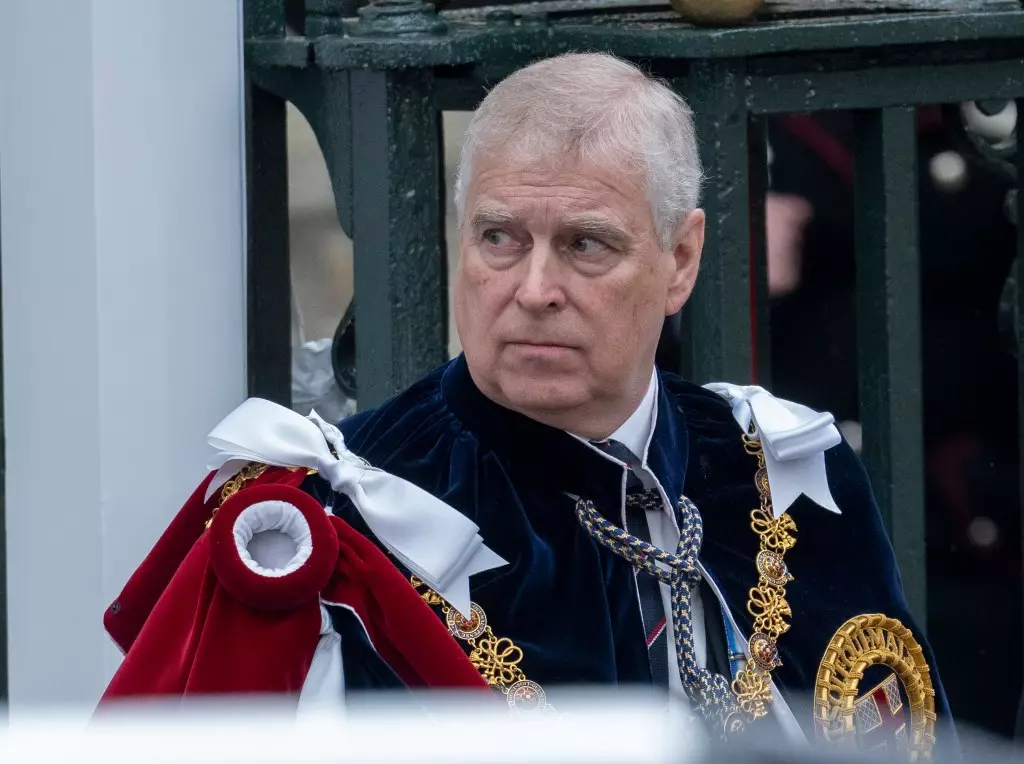The association between Prince Andrew and the late financier Jeffrey Epstein continues to haunt the royal family and raise deep ethical questions about the prince’s judgment. Recent court documents reveal a disturbing inconsistency in Prince Andrew’s claims regarding his relationship with Epstein, particularly his assertion of having severed ties after December 2010. This article delves into the implications of these revelations, examining both the prince’s conduct and the broader societal narrative regarding accountability among the elite.
In a highly publicized 2019 interview with the BBC’s Newsnight, Prince Andrew attempted to distance himself from Epstein, insisting that their last encounter occurred during a visit in December 2010. He professed to have broken all communication afterward, a claim that positioned him as a victim of circumstance and poor judgment rather than active participation in Epstein’s controversial lifestyle. However, the recent unveiling of an email dated February 2011, wherein Andrew encouraged continued correspondence with Epstein, directly contradicts his previous assertions. This inconsistency raises troubling questions about the authenticity of his statements and suggests a more complex web of connections than he was willing to disclose.
The Impact of Public Perception
The fallout from Andrew’s BBC interview was swift and severe, prompting his mother, Queen Elizabeth II, to implement measures distancing the monarchy from the scandal. This response reflects not merely a desire to protect the royal family’s public image but an acknowledgment of the gravity of his ties to a convicted sex offender. Public reaction has ranged from disbelief to outrage, reflecting broader societal frustrations over privilege and accountability. The revival of these ties through newly surfaced communications reinforces an image of a prince oblivious to the ethical implications of his associations.
Epstein, who was found dead in jail while awaiting trial for multiple charges of sex trafficking, remains a central figure in discussions about power, exploitation, and the failure of institutions to protect the vulnerable. Andrew’s emails suggest a degree of casualness in his approach to a man who faced serious accusations, further illustrating a potentially troubling mindset among the elite. Such behavior raises significant issues regarding the responsibility of public figures in their associations, particularly in the wake of criminal allegations.
The ongoing revelations about Prince Andrew and his relationship with Jeffrey Epstein serve as a poignant reminder of the urgent need for accountability among those in positions of power. As society continues to grapple with issues of privilege and justice, the royal family must confront its past actions and reassess its protocols for relationships. This saga not only questions the integrity of individuals but also reflects a larger societal narrative that must evolve to ensure such misjudgments are not repeated. Ultimately, the discourse surrounding Andrew and Epstein must catalyze a broader examination of responsibility within elite circles, fostering a cultural shift toward transparency and integrity.


Leave a Reply